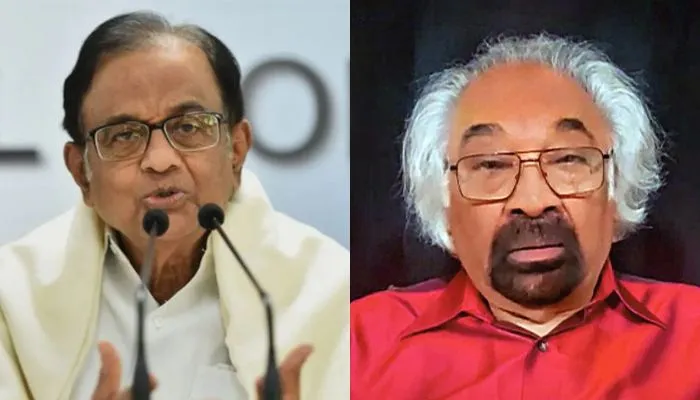Prime Minister Narendra Modi, in his recent Mann Ki Baat address, alerted the public to the rising threat of “digital arrest” scams, urging individuals to remain vigilant against fraudsters who use psychological manipulation and fear tactics to extort money. Highlighting the government’s robust, multi-agency approach to combating these scams, Modi emphasized the importance of “stop, think, and act” as a simple response technique to protect against such fraud.
“People across all demographics have fallen prey to digital arrest scams, losing their hard-earned money due to panic,” Modi said. He advised that no investigative agency contacts individuals via phone or video calls to demand money, affirming that such “digital arrest” schemes are deceitful attempts to instill fear and prompt rash actions.

The Modus Operandi of Scammers
Modi outlined how fraudsters employ personal information to create an impression of legitimacy, often posing as representatives from government agencies like the Central Bureau of Investigation (CBI) or Narcotics Control Bureau (NCB). Scammers typically assert that the victim or their family member is implicated in a serious offense, such as drug trafficking or illegal parcel interception, and is subject to immediate arrest unless a “fee” is paid.
“Stop, Think, Act” Technique
To combat such scams, Modi recommended three steps:
- Stop: Do not respond hastily or share personal details. Stay calm, take screenshots, and record evidence if possible.
- Think: Remember that legitimate agencies do not threaten or demand money over calls or video conferencing.
- Act: Report the incident by calling the national cyber helpline (1930), logging it on the cybercrime portal (cybercrime.gov.in), and notifying local authorities.
Government Initiatives to Combat Digital Arrest Scams
Emphasizing a “whole of government” approach, Modi highlighted the collaborative efforts across ministries and agencies to address this issue. Initiatives include the Indian Cyber Crime Coordination Centre (I4C) and new systems by the Department of Telecommunications (DoT) to detect and block spoofed international calls that appear to be from local numbers. This system, operational since earlier this month, blocks millions of fraudulent calls daily.
Further, the I4C has collaborated with Microsoft to block over 1,000 Skype IDs involved in scams and is working on AI-driven solutions to detect fraudulent accounts misusing official logos.
Growing International Concern
The United Nations Office on Drugs and Crime (UNODC) has documented similar scams across Southeast Asia, identifying this type of “law enforcement impersonation” fraud as a growing transnational crime. The report noted an increase in incidents, with Singapore recording $8.1 million in losses from such scams this year alone.
By raising awareness and implementing technology-driven interventions, Modi and the government aim to shield citizens from these sophisticated scams, reinforcing that vigilance and timely reporting are essential in curbing the threat of digital arrests.
Discover more from The Doon Mozaic | द दून मोज़ेक
Subscribe to get the latest posts sent to your email.



